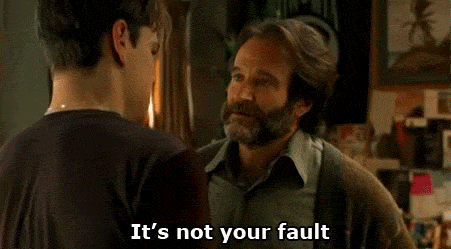 |
| [US policies force bicyclists into the gutter, and its not their fault.] |
We deserve respect for being human, and it ends there. Yet we’re supposed to be good little boy scouts and girl scouts–even when it’s more dangerous for us to do so–to prove we’re deserving of not being killed? That’s just stupid and insulting.
The Bike Snob is one of my favorite writers, and despite his constant attempts to seem irrrelevant, he is one of the few bike advocates that I find myself really agreeing with on a regular basis.
 |
| [@cyclehatred is most cyclists' internal monologue.] |
Here's one example from an interview with B., a 28-year old woman bicyclist in Minneapolis:
-->
Q:
Tell me about your policies about stop signs and stop lights?
B:
Stop signs I will roll through if there’s not traffic. Or I will make a good
effort at slowing down enough as if I were a car. Because it's gonna take me
more time to just slow down and look that it is for a car to pull up stop look
and go. It takes me more time to just slow down, so I just slow down. I never
actually pull to a stop unless there’s a lot of traffic. Stop lights I stop at,
unless there are no cars in sight, even behind me. And the reason is that I
don’t want to piss them off. Cars hate cyclists. And I want them to think I’m a
law-abiding cyclist. So if there’s a car behind me, I’m waiting.
Q: So it’s not really about safety.
B: No it’s more about, the attitude that drivers have towards cyclists. Because
its technically safe to run a stoplight, but if there’s cars around I don’t
want them to hate me. And I actually will yell at cyclists that will run
stoplights.
Q: Oh really? Wow.
B:
[laughs] I’m trying to chill out the rage, because it I don’t need to be the
police, right? They can make their own decisions. But I feel like if I’m
sitting there stopped at a stop light and there’s a car waiting with me and a
cyclists in spandex blows through, like c’mon man you’re undermining everything
I’m working for here. I don’t care if its safe, I’m trying to do the right
thing, and this car is thinking "wow this cyclist is stopping" and you come and
along, like "thanks a lot buddy." That’s how I feel.
What's interesting to me about this quote is the way that B. projects feelings of hostility or tolerance onto the impassive cars that continually surround her. Bicyclists do this to a surprising degree, assigning emotions like jealousy or anger to stream of endless shiny car traffic.
But just because we imagine that car drivers behave according to some sort of karmic laws of stop sign behavior, doesn't make it true. Technically having the right of way won't save you if you get run over by an SUV. The real problem isn't bicyclists obeying the exact letter of the law, it's a near-complete lack of safe places to ride in our cities.
 |
| [Matt Damon = all bicyclists.] |
So here’s my proposal: Every time you get on a bike, from this moment forward, obey the letter of the law in every traffic exchange everywhere to help drivers (and police officers) view cyclists as predictable users of the road who deserve respect. And every time you get behind the wheel, remember that even the slightest inattention can maim or kill a human being enjoying a legitimate form of transportation.
It's exactly this kind of equivocation that ends up fueling paranoia and fear amongst bicyclists, and clouds urban bicycling with a deep and subtle sense of guilt. It'd be nice if we could begin to move past blaming the victim, and instead begin talking about basic human right to ride (and walk) through our cities without fear of death.
No comments:
Post a Comment